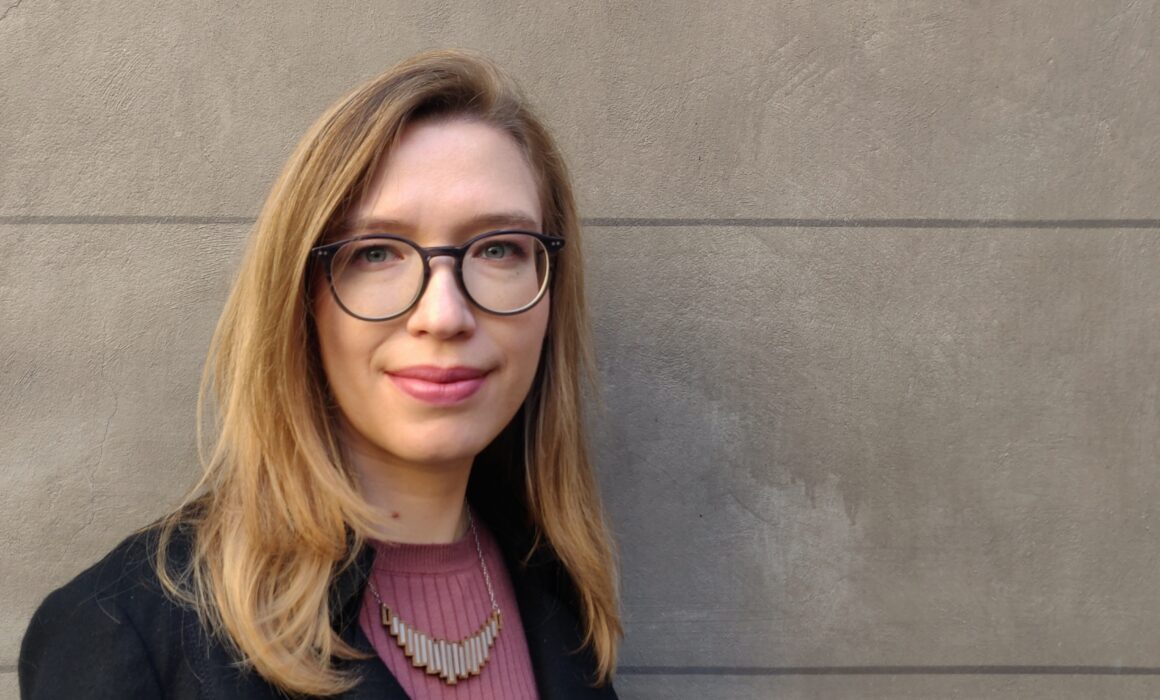Cathrin Helen Bengesser from Aarhus University
Cathrin, tell us a bit about yourself: What is your background and what do you research on?
I am an Assistant Professor for Digital Media Industries at Aarhus University’s Media and Journalism Department. My research currently focuses on national and EU media policy, regarding PSM and the regulation of the VoD market. In September, I started a 2.5 year research project on the European VoD market funded by the Aarhus University Research Fund. The project investigates the role the media-systemic traditions and media ecology play in the way local players respond to the competition from US-based global VoDs. The markets I will focus on are Denmark, Germany and Estonia. Therefore, I am very much interested in networking with colleagues at Tallinn to get some leads into the market and scout for talent to work with me on the project. I’ve been at Aarhus since 2019 as a Post-Doc on the Horizon2020 project DETECt. I did my doctoral studies in London (Birkbeck, University of London) and am also still affiliated with the CMCI at King’s College, where I’ve been working on an audience research project. Before that I worked outside academia in Germany.
What is your role in the ScreenME project?
So far, I have mostly been involved in the Work Package on the Development of Early Career Researchers. This is a topic that’s not only close to me because I am an ECR myself, but also because I have been organizing a number of workshops and symposia for young media researchers both in Denmark and the UK.
What do you like about the ScreenME project?
As someone who has been studying and working in four different national academic systems in Europe already, I am well aware of the need to understand ‘where we’re coming from’ when it comes to tackling challenges and tasks we share – be it creating environments in with ECRs can prosper or succeeding in attracting funding with high quality research projects. But in contrast to a coffee-break conversation at an international conference the dialogue in this networking project does not stop there, because we can take the time to learn from each other and form new collaborations across the different systems. To sum up: What I am most looking forward to in the project is meeting and working together with the academics in the other countries and tackle at least some of the challenges we face.


